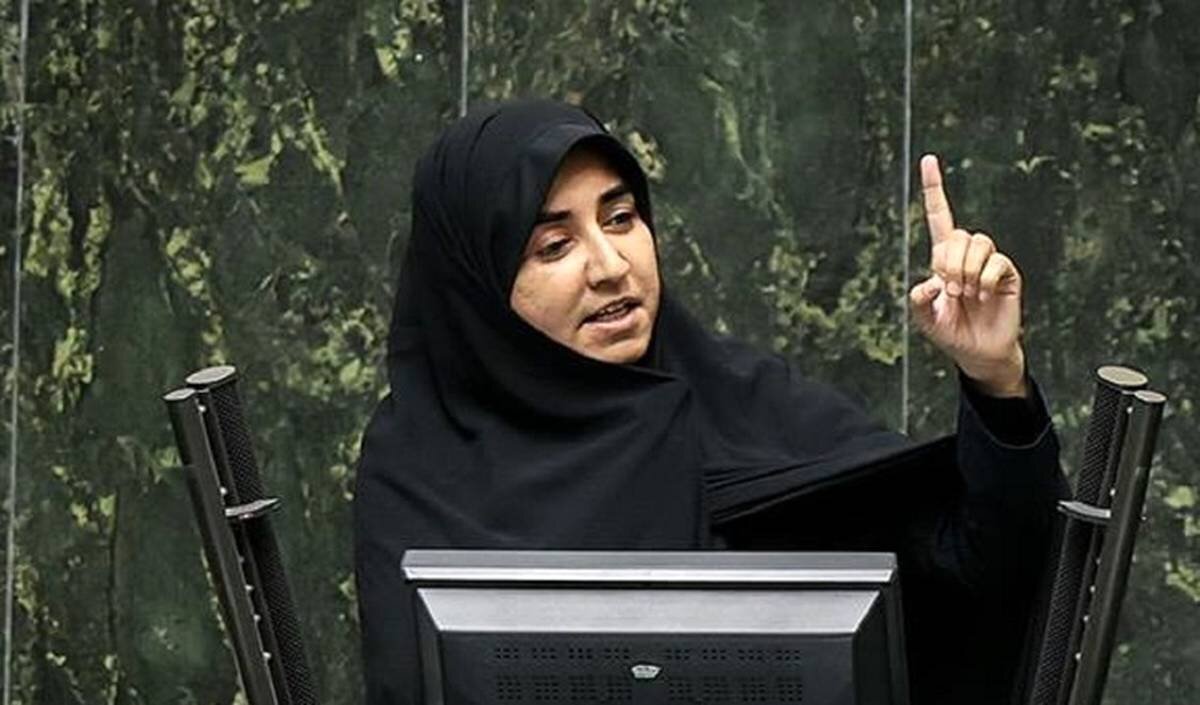Iran agreement with IAEA in line with Leader guidelines: MP

TEHRAN – A number of Iranian lawmakers have reacted to another MP’s remarks that the agreement Iran signed in March with the International Atomic Energy Agency (IAEA) breached an important nuclear law passed by the parliament.
Lawmaker Yaghoub Rezazadeh told state news agency IRNA that the head of the Atomic Energy Organization of Iran (AEOI) had attended a meeting of the Parliament’s Article 90 Committee and provided explanations about the measures of the AEOI.
“According to this report, the JCPOA activity of the Atomic Energy Organization (of Iran) is in all cases completely in line with the law of strategic action to cancel sanctions and protect the interests of the Islamic Republic of Iran,” Yaghoubian said.
Earlier, lawmaker Ali Khezrian had criticized the agreement signed between Iran and the UN nuclear watchdog earlier this year, describing it as running counter to the Strategic Action Law, which regulates Iran’s nuclear interactions with the West.
Recently, Mohammad Eslami, the AEOI chief, met the members of the Article 90 Committee to brief them on the Iran-IAEA agreement.
Khezrian added, “After listening to the report of the head of the Atomic Energy Organization, it became clear to the members of the committee that the agreement [with the IAEA] is against the law of strategic action to lift sanctions and the Supreme Leader of the Revolution's emphasis on non-violation of this law.”
He said that according to the nuclear guidelines outlined by the Leader, Iran should not accept commitments that go beyond the Safeguards agreement. But the agreement with the Agency, Khezrian said, includes commitments far beyond the Safeguards.
“Unfortunately, according to the agency's statement, about 10 cameras have been installed in the centrifuge production workshop at the Isfahan site that are beyond the Safeguards,” he said.
He also said that two enrichment monitoring devices (EMD) have been installed at the Fordow and Natanz nuclear plants without authorization from the relevant Iranian authorities. “This is not only in contravention of the Parliament’s law but also beyond JCPOA commitments,” the lawmaker said, referring to the 2015 Iran nuclear deal by its acronym.
According to Khezrian, the installation of the EMD devices in Iran was the first of its kind in the world.
Khezrian pointed out that according to the JCPOA, On-Line Enrichment Monitor (OLEM) devices should have been installed, not EMDs. “It should be made clear what are the differences between these two devices,” he continued.
But Yaghoubian and Sara Fallahi, the head of the Parliament’s Nuclear Committee, called into question the account of Khezrian, saying that the agreement between Iran and the IAEA was in full compliance with Iran’s interests.
“The Parliament's National Security and Foreign Policy Committee has conducted the necessary investigations on the functioning of the Atomic Energy Organization, and no specific case has been observed that indicates the organization's violation of the JCPOA and nuclear issues,” Yaghoubian said.
He added, “If the Atomic Energy Organization had violated a specific case or acted against the policies of the system, the National Security Committee of the Parliament would have addressed the matter and given the necessary warning to its officials, or even invited the head of the Atomic Energy Organization to appear in the parliament and answer the questions.”
Yaghoubian also said that the programs and goals of the AEOI jibe with the Strategic Action Law. “Iran's nuclear issue goes beyond the Atomic Energy Organization and includes most of the governance sectors. It is not the case that this organization takes action against the set plans without permission or consultation with other government departments,” he added.
The lawmaker said, “Mr. Eslami is in coordination with the president, the parliament, the judiciary and even the members of the Parliament's National Security and Foreign Policy Committee on nuclear issues. The actions of this organization are carried out according to the measures and guidelines of the Supreme Leader of the Revolution.”
Fallahi also defended the AEOI, saying it only acts within the framework of policies set by the system. “The Atomic Energy Organization has been operating according to the policies of the system and within the framework of the country's national plan, and criticizing the officials implementing these policies is unfair,” she told IRNA.
Fallahi added, “The nuclear program of the Islamic Republic of Iran does not belong to any particular institution and it is completely a matter of sovereignty and should not be dealt with politically, but should be examined based on the interests of the system.”
She continued, “Iran's Atomic Energy Organization is the executive of the system's macro policies, and this organization never breached the strategic action law to cancel sanctions and protect the interests of the Iranian nation during the presidency of Mohammad Eslami, the vice president and head of the Atomic Energy Organization, and even before that.”
“It was found that the Atomic Energy Organization did not commit any violations in the implementation of the Strategic Action Law,” Fallahi averred.
She pointed out that the heads of the branches of government and the Leader of the Islamic Revolution are fully in the know about the activities of the AEOI.
